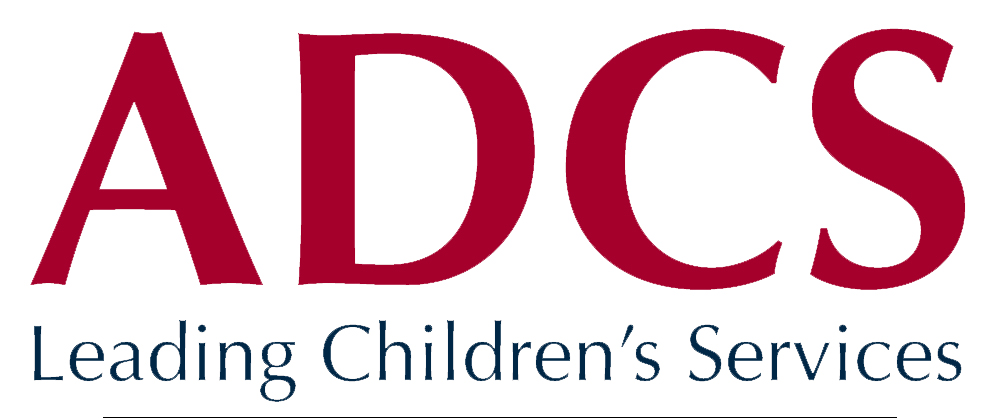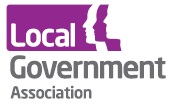This chapter sets out the eligibility requirements for key public services that people with NRPF may need to access.
People with NRPF are only prohibited from accessing specified welfare benefits, homelessness assistance and an allocation of social housing through the council register. A person who has NRPF will not be excluded from accessing other publicly funded services because of the NRPF condition. However, there are often eligibility criteria attached to these services which relate to a person’s nationality or immigration status, or are linked to being in receipt of certain welfare benefits. It is therefore important to be aware of what services a person with NRPF may be entitled to. Legal aid is covered in chapter 12.
13.1 Work related welfare benefits
A person who is lawfully present and has NRPF may be able to claim the following welfare benefits if they have been in work or have paid National Insurance contributions:
- Bereavement benefit
- Contributory-based employment and support allowance
- Contributory- based jobseeker’s allowance
- Guardian’s allowance
- Incapacity benefit
- Maternity allowance
- Retirement pension
- Statutory maternity pay
- Statutory sickness pay
- Widows benefit
13.2 Housing association tenancy
Some housing associations maintain their own allocations list as well as letting properties through the local housing authority’s allocations list. A person with NRPF can rent a property from a housing association if they apply directly to the housing association for this. They cannot rent a housing association property if this was applied for through the local authority’s housing allocations list, because this is a public fund for immigration purposes.
13.3 Education and student finance
All children, regardless of their immigration status, can receive state school education whilst they are of compulsory school age.
The only children who cannot receive a state school education are those who have leave to enter or remain with a condition that does not permit study, or study at a state school. This will apply to children who have been issued with leave to enter or remain as a visitor, Tier 4 (Child) or short-term student (Child).
When applying to undertake further education (age 16+), a person with NRPF will only be able to undertake a course for free if they meet the funding criteria; immigration status and length of residence in the UK will be relevant factors.
The same applies to higher education, as the criteria for lower ‘home’ fee rates and student finance to help with course and living costs are based on immigration status and length of residence in the UK.
Slightly different rules apply to further and higher education funding in England, Wales, Scotland and Northern Ireland. For more information about eligibility requirements in each region of the UK for further and higher education course funding, student finance and bursaries see:
13.4 NHS treatment
Services delivered by a GP, treatment for certain contagious diseases, and accident and emergency treatment at a hospital, are free of charge to everyone regardless of their immigration status.
In England, some people will need to pay for hospital treatment and certain community healthcare services, for example, community mental health services, district nursing and drug and alcohol treatment. These services must be paid for up front, unless the treatment is deemed to be ‘urgent’ or ‘immediately necessary’ by a clinician. Maternity care, including antenatal appointments, will always be treated as ‘immediately necessary’. Anyone who is required to pay but is provided with treatment on this basis will still accrue an NHS debt. Failure to pay an NHS debt of £500 or more could lead to an immigration application being refused.
The main groups of people who will be charged for NHS treatment are:
- Visa overstayers
- Illegal entrants
- Refused asylum seeking families (when they are not receiving Home Office asylum support)
Prescriptions may be obtained free of charge if a person is on a low income. They must complete an HC2 form in order to obtain an HC1 certificate. A person receiving accommodation and/or financial support from social services should be able to receive free prescriptions on this basis.
The rules regarding who will be charged for healthcare and what must be paid for are different in England, Wales, Scotland and Northern Ireland.
For more information, see our factsheet:
13.5 Child maintenance
A person with NRPF can claim child maintenance from a former partner through the statutory Child Maintenance Service (formerly Child Support Agency).
The parent caring for the child, non-resident parent and qualifying children must all be habitually resident in the UK. It should not matter if they have NRPF. Applications can be progressed if the person does not have a National Insurance number, although the identity of all parties involved will need to be proved, preferably with birth certificates.
A person wanting to discuss their options regarding child maintenance must contact Child Maintenance Options before applying to the Child Maintenance Service. If they do not have a National Insurance number, they can ask Child Maintenance Options for their case to be managed via the Exceptional Case Handling Process.
For more information see:
13.6 Free school meals
All children in reception, year 1 and year 2 at state schools in England automatically get free school meals, regardless of their immigration status.
For older children at state schools, normally eligibility for free school meals is linked to the parent being in receipt of certain welfare benefits, all of which are public funds. A child may not be entitled to free school meals if their parents have NRPF and cannot claim these benefits.
Local authorities have their own policies regarding free school meals and some may provide these to all nursery and primary school children, regardless of whether their parents are receiving welfare benefits and the child’s immigration status.
To find out about a local authority’s policy in England on Wales on free school meals see:
Local authorities supporting a family under section 17 Children Act 1989 will need consider whether free school meals are available when determining how much financial support to provide to meet the child’s needs, as additional support may be needed to cover this cost.
13.7 Government funded child care
There are now several different childcare schemes but parents with NRPF, even when they have leave to remain and are working, may not be able to access some of these.
For more information, see:
13.8 Free and concessionary travel
Concessionary travel arrangements vary regionally, but usually young children will be eligible for free travel. Older children may be required to obtain a pass that allows for free or reduced rate travel, which varies regionally. Such schemes do not have immigration restrictions.
Some local authorities operate concessionary travel passes for people who are elderly or have a disability. People with NRPF are not prohibited from applying for these, but will have to satisfy the relevant eligibility criteria to obtain one. A person would need to contact their local authority to find out whether they have such a scheme.
Elderly or disabled people with NRPF who are resident in Greater London may be able to apply to London Councils for a Freedom Pass.

